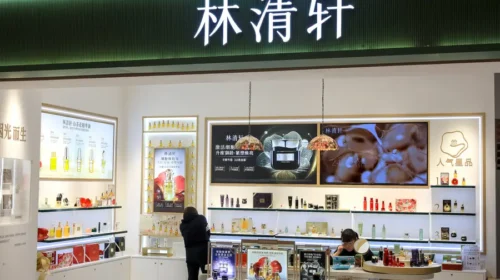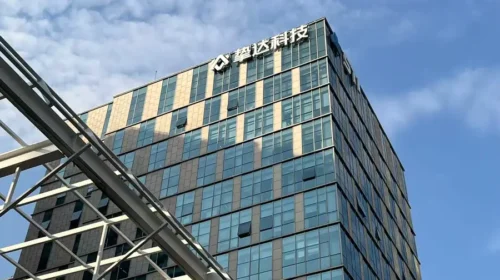FAST NEWS: PCAOB Completes Chinese Stock Audits Ahead of Schedule in Hong Kong

The latest: Officials from the U.S. Public Company Accounting Oversight Board (PCAOB) in Hong Kong have completed their first on-site audits of Chinese stocks ahead of schedule and may submit preliminary reports to the U.S. securities regulator in the coming weeks, according to a report from Bloomberg last Friday.
Looking up: Bloomberg indicated that dozens of PCAOB inspectors may have left Hong Kong over the past weekend. Their audit work of U.S.-listed Chinese companies was originally scheduled to continue until mid-November, but its early completion may reflect that things went smoother than expected.
Take Note: The PCAOB’s upcoming report may set out deficiencies or areas for improvement following completion of the first audits, such as need for better internal controls and record keeping.
Digging Deeper: The U.S. passed the Holding Foreign Companies Accountable Act (HFCAA) in 2020, threatening to delist more than 200 U.S.-listed Chinese stocks from New York exchanges if they failed to meet U.S. accounting standards for three consecutive years. To avoid such an outcome, securities regulators from both countries negotiated for more than a year before reaching a breakthrough information-sharing agreement at the end of August. As a first test of the new agreement, the PCAOB sent staff to inspect the audit records of Chinese stocks in Hong Kong, with Alibaba (BABA.US; 9988.HK), JD.com (JD.US; 9618.HK) and Yum China (YUMC.US; 9987.HK) reportedly among the first batch of Chinese stocks to be inspected.
Market Reaction: U.S.-listed Chinese stocks generally posted strong gains last Friday, with the Nasdaq Golden Dragon China Index, which reflects the performance of these stocks, jumping 8.8% to 5,468 points. Still, the index is near the lower end of its 52-week range.
Translation by Jony Ho
To subscribe to Bamboo Works free weekly newsletter, click here





